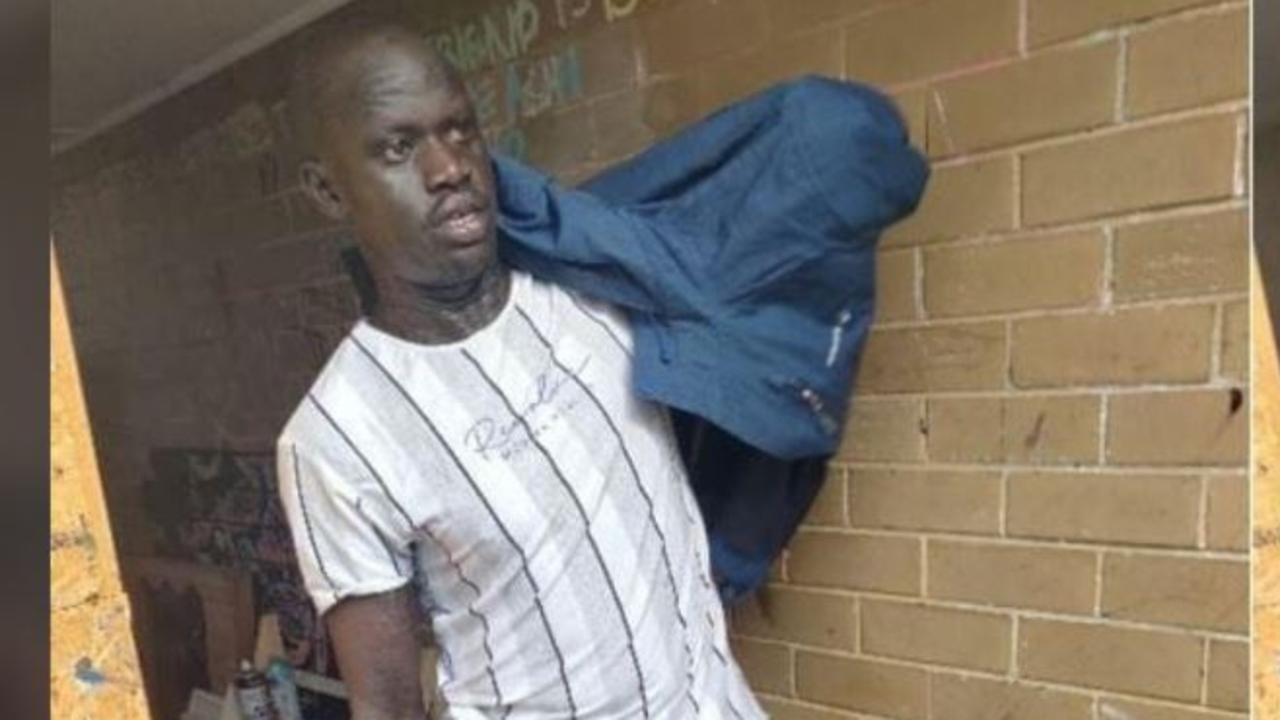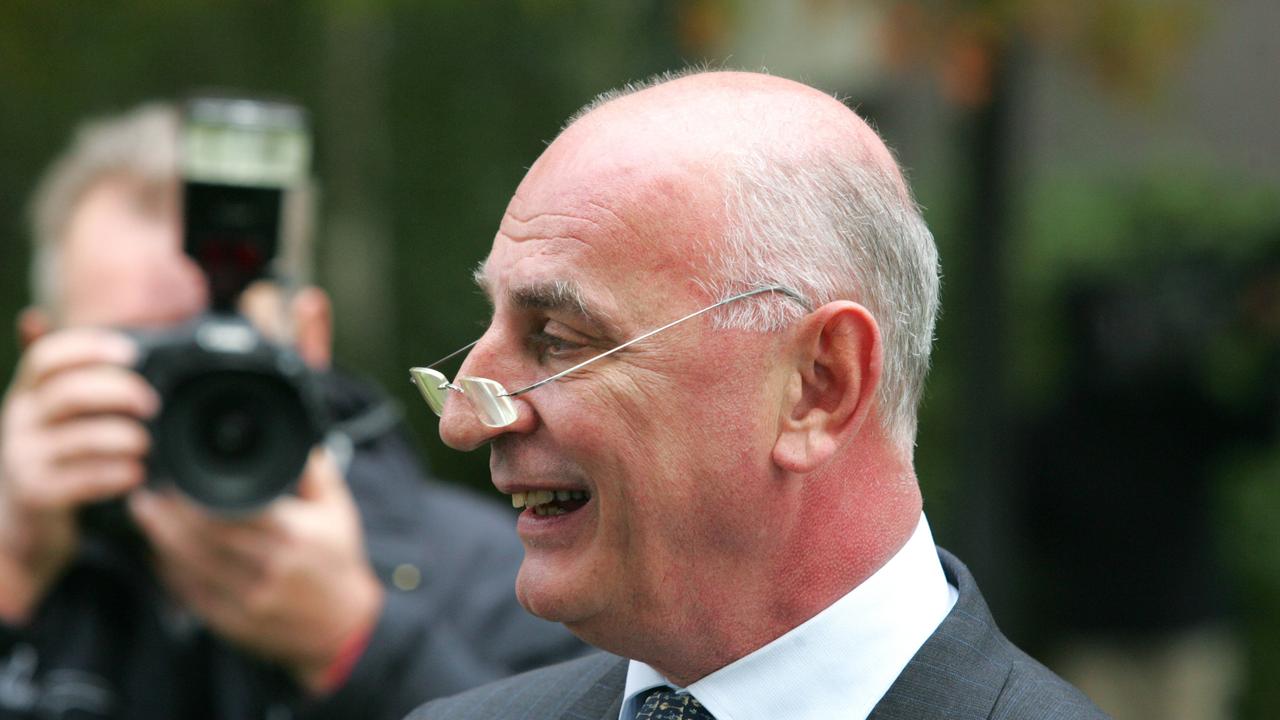Work stalls on AFL’s landmark $25m brain injury research program
The AFL’s landmark brain injury research program has stalled two years after it was announced, with experts frustrated the critical work “seems to be going nowhere”.
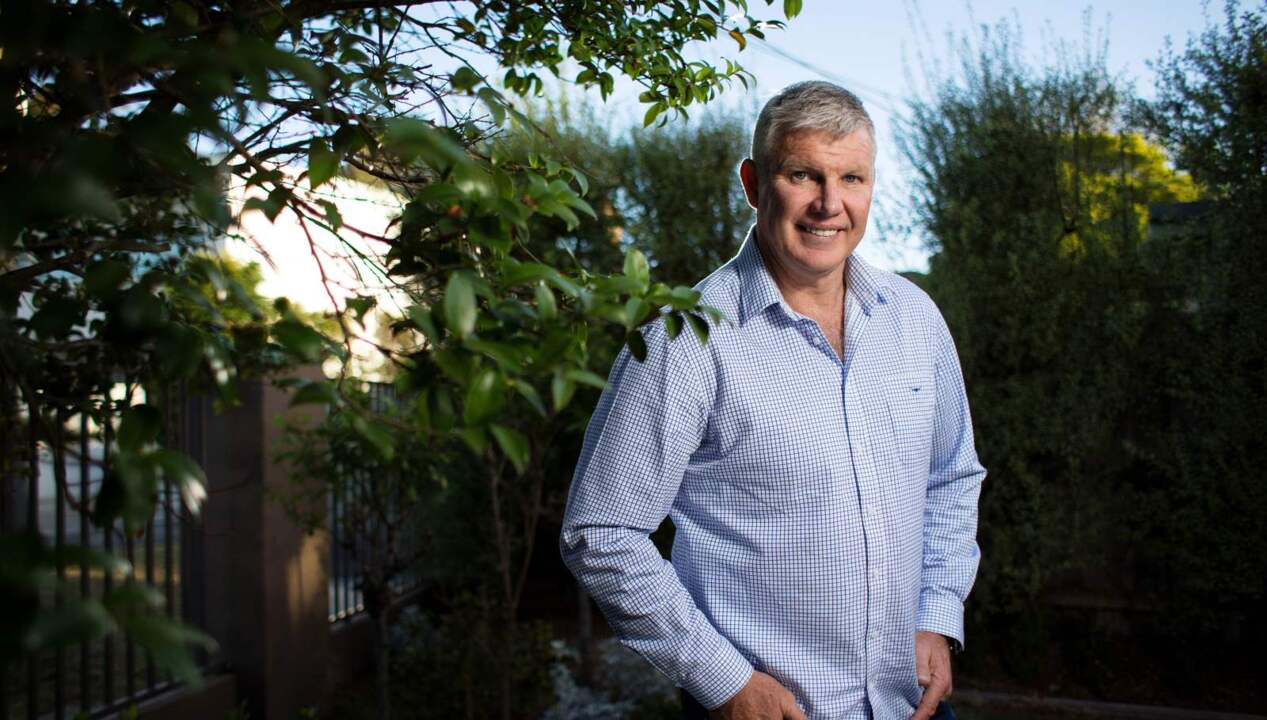
Victoria
Don't miss out on the headlines from Victoria. Followed categories will be added to My News.
The AFL’s landmark $25 million brain injury research program has stalled two years after it was announced, amid marathon negotiations on how it will work.
Announced in late 2022, the Brain Health Initiative is the biggest financial commitment the league has made to examining the impact of head knocks – an issue which has sparked a class action involving more than 100 former players against the AFL.
But while the league has accepted that studying the brains of deceased former players is critical for the initiative to be meaningful, it has declined to respond to questions about the progress of negotiations with brain bank facilities.
The Herald Sun understands meetings about partnering with two brain banks – the Australian Sports Brain Bank (ASBB) and the Sydney Brain Bank – have failed to lead to any agreements.
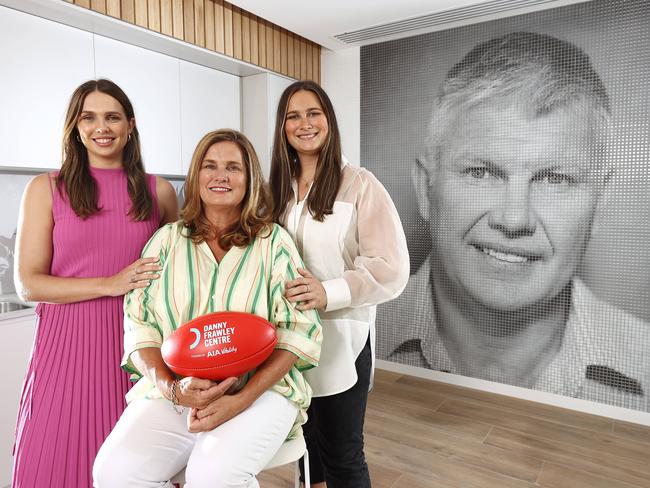
The Australian Sports Brain Bank director Michael Buckland said: “Independence is key to our activities, and I think the AFL understands that. We will keep negotiating in good faith.”
Sydney Brain Bank director Dr Claire Shepherd would say only that talks are continuing.
The AFL also refused to detail how much, if any, of the $25m it pledged to the program had been spent.
And football and medical sources have expressed extreme frustration that such critical research “seems to be going nowhere”, amid a series of fluctuations in the AFL’s position on the issue despite it first committing to a major concussions program back in 2013 – more than a decade ago.
In September 2020, former AFL chief Gillon McLachlan pledged to do “whatever” was necessary to ensure players’ safety after a post-mortem diagnosis revealed tragic St Kilda great Danny Frawley – who suffered about 20 concussions while playing – had chronic traumatic encephalopathy, a degenerative brain disease caused by repeated head trauma.
“I have spoken to Anita (Frawley’s widow) and said we will work with the (Australian Sports) Brain Bank to better understand this disease (CTE) and its impact,” Mr McLachlan said.
“Anita has been really clear that she wants the learnings from Danny’s death to continue to provide a benefit to sport and we will continue to work with Anita and the family and researchers to learn as much as we can and to continue to make whatever changes are necessary to keep the people who play our game safe.”
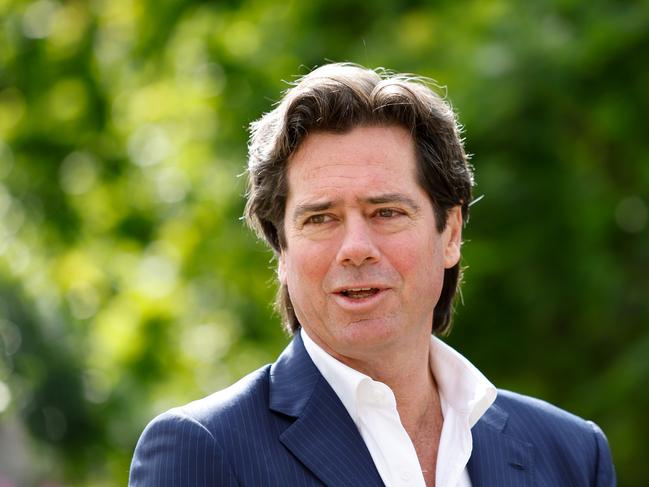
In early 2021, coroner Paresa Spanos recommended the AFL “actively encourage” current and former players to donate their brains to the ASBB, saying the research would improve the “safety of generations of footballers”.
But by May 2021, AFL governance leader Stephen Meade told Coroner Spanos: “At this point in time, the AFL does not agree to the active encouragement of the donation of brains to the Australian Sports Brain Bank.”
Instead, an “alternative” brain donor scheme which did not favour the ASBB over the Sydney Brain Bank was proposed, to be called the AFL/AFLPA Brain Donor Program.
The league promised to announce details during the finals that year.
In October 2022, with no brain bank deal on the horizon, Anita Frawley urged the AFL “to act” on coroner Spanos’ recommendations.
“They (the AFL) should just get on with it,” she told Herald Sun.
“My girls and I … see this as potentially one of Danny’s greatest legacies as he would want every AFL, AFLW and any football player to have the right to donate their brain to Australian Sports Brain Bank.”
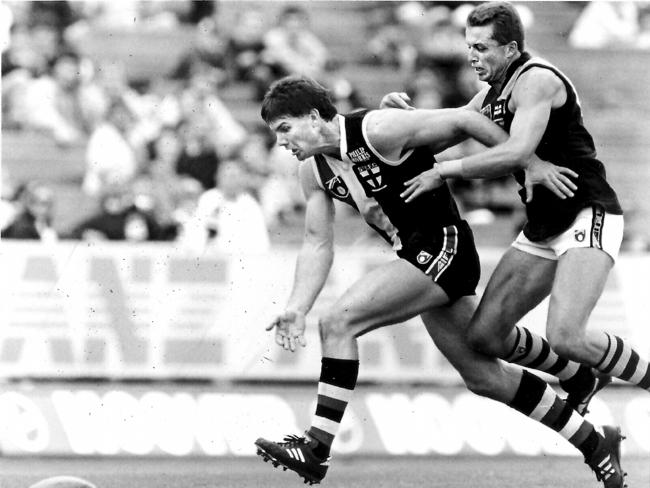
AFL spokesman Brian Walsh said the brain donor scheme had been “reasonably delayed” because a “longitudinal study” was not “finalised”.
But later that month – amid revelations AFL expert Dr Paul McCrory had plagiarised and altered scientific quotes – the league conceded a “number of inadequacies” with its longstanding research.
These included “underfunding” and “under-resourcing” and “governance problems”, according to an AFL investigation into Dr McCrory by barrister Bernard Quinn KC.
Andrew Dillon, who was the league’s general counsel at the time, said: “The AFL apologises to the past players who gave up their time in the hope of better understanding their own conditions and to assist with the research for the benefit of current and future players and were let down”.
It was then that the AFL rebranded its research plans, announcing the $25m funding.
The following March, the league advised a senate inquiry that the Brain Health Initiative would “commence in 2023”.
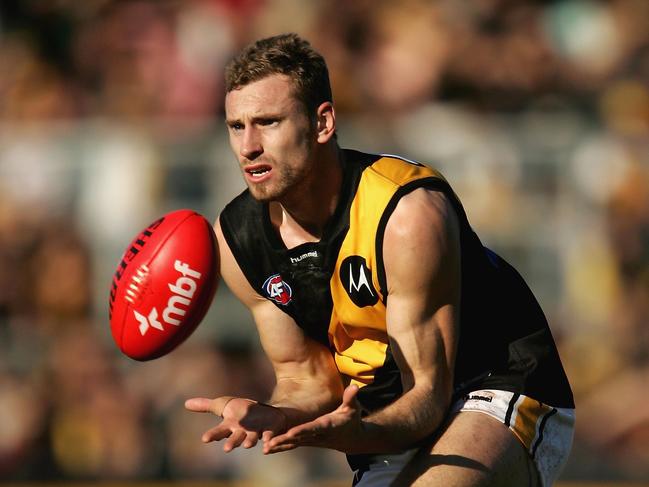
Mr Dillon said the research would “deliver significant insights into the impact of concussion over the player careers and the broader lifespan of players”, adding the AFL had four dedicated staff working on the project.
Late last-year, State Coroner Judge John Cain, investigating Shane Tuck’s suicide, asked the AFL to “expedite and improve their communications to encourage them (players) to donate their brains at the end of life for further research”.
Tuck had died in 2020, aged 38, and was diagnosed with CTE by Professor Buckland of the Australian Sports Brain Bank.
But in a written response to Judge Cain early this year, the AFL appeared to downgrade its ambitions, describing the establishment of a brain donor scheme as only a “potential” reality and suggesting no real progress had been made.
“Engagement with these brain banks in respect of the potential establishment of a brain donor program would continue,” it said.
The AFL also confirmed to Judge Cain that one of the aims of its research was to study the “in-life” equivalent of CTE in former players, to help find treatments.
At present CTE can only be diagnosed at post-mortem.
Originally published as Work stalls on AFL’s landmark $25m brain injury research program


